Knowing Your Colours: The Benefits of Colourstrology
5 minutes read
We’re all familiar with birthstones and zodiacs, but what if we told you that the month you’re born also has its colour and accompanying meaning, aka colourstrology?
Colour is a huge part of our lives, and while we all, to some degree, make similar associations surrounding it, for example, red is commonly linked with passion, yellow with happiness etc. there’s an element of our response to colour that’s purely emotional – and bathing in certain colours might provide us with different energies or vibrations that can be used to our advantage.
So, if you are instinctively drawn to a particular hue, from lipstick, dressing to wall paint, then Colourstrology might be right up your rainbow…
What is colourstrology?
Colourstrology was devised by astrologist and numerologist Michele Bernhardt, who combined astrology with colours to carefully dedicate a particular shade to each month of the year. Pantone approached Michele to create a colour calendar that contained all this information, and ta-da, colourstrology was born.
The concept finds its roots in numerology, which is the practice of finding meaning in numbers. A universal language of numbers, if you will. These numbers can help us understand ourselves and the world around us. Finding out your life path number, your expression number, or your heart’s desire number will tell you things about yourself – and that’s naming just a few.
Michele took these concepts and founded a complex system that looked to factors like the positioning of the sun when you were born, the element you were born under (aka fire, earth, air, or water) and the numerological vibration of the particular day you were born, and assigned a colour. These colours were then matched to Pantone’s extensive catalogue.
So, what are the benefits of finding your birthday colour coloustrology? Well, it’s a way for you to engage with the colours you’re drawn to and recognise the power that a particular colour can bring to your life.
However, don’t be surprised if your birthday colour doesn’t resemble your favourite colour, the two are quite different things.
Our colour preferences are often influenced by those around us, popular culture, fashion, and our everyday surroundings. Birthday colours, however, are consistent and will remain the same throughout your life.
What your birthday colour says about you
Every month’s colour has three key traits associated with it:
January
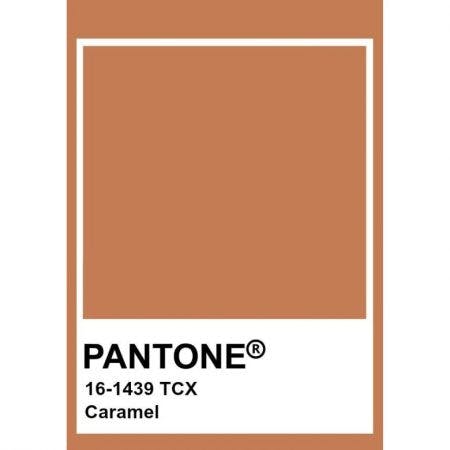
Caramel and the key traits are practical, determined, and builder.
February
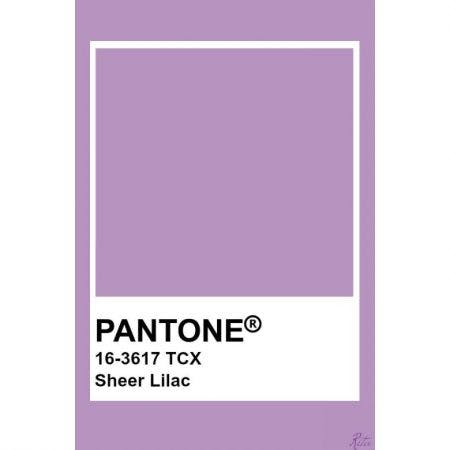
Sheer lilac and the key traits are uplifting, progressive, and detached.
March
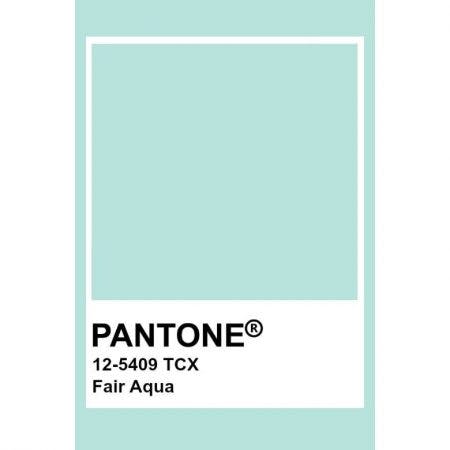
Fair aqua and the key traits are intuitive, subtle, and empathetic.
April
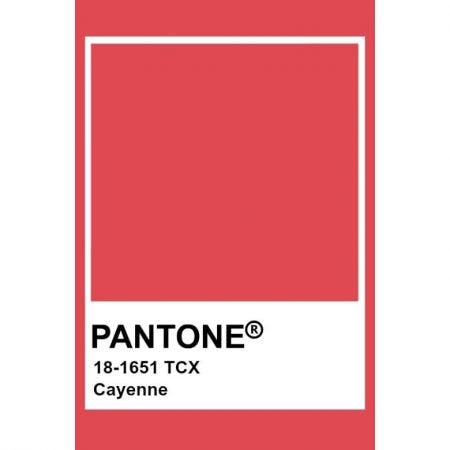
Cayenne and the key traits are fiery, energetic, and courageous.
May
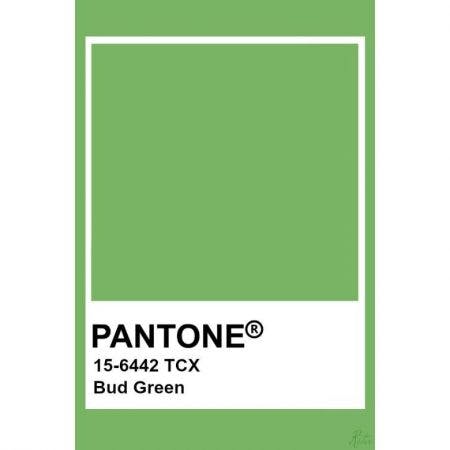
Bud green and the key traits are healing, rejuvenating, and prosperous.
June
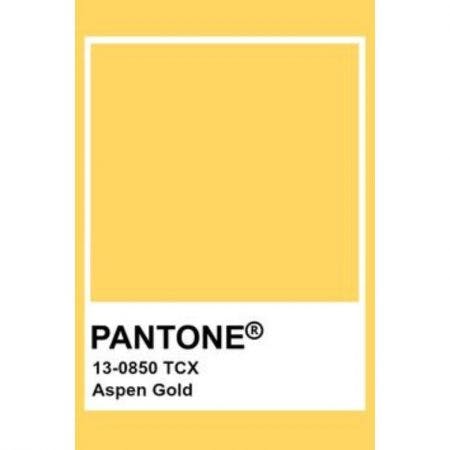
Aspen gold and the key traits are radiant, intellectually energising, and uplifting.
July
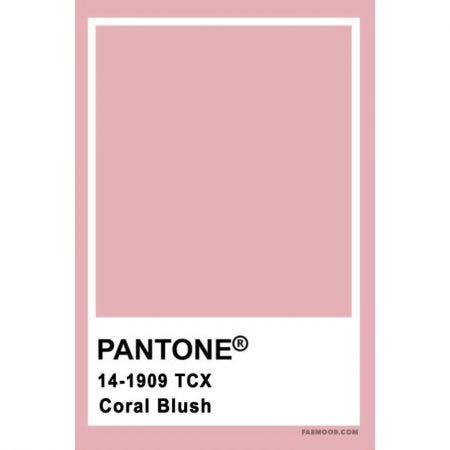
Coral blush and the key traits are soothing, receptive, and nurturing.
August
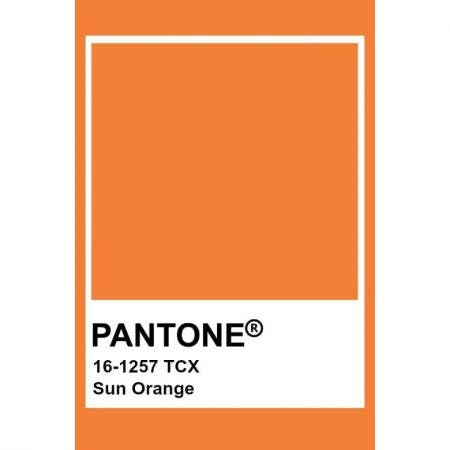
Sun orange and the key traits are regal, inspiring, and powerful.
September
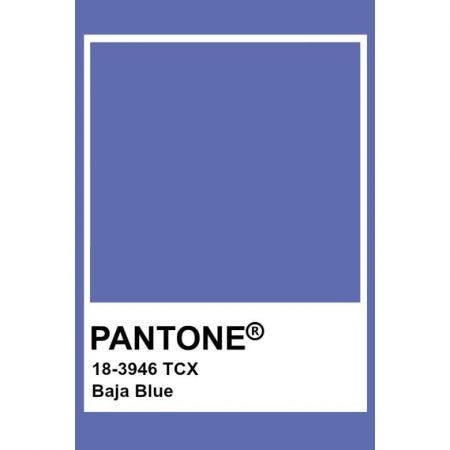
Baja blue and the key traits are divine, discerning, and artistic.
October
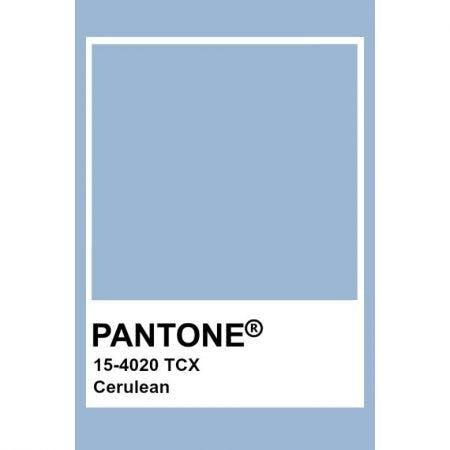
Cerulean and the key traits are peaceful, poised, and balanced.
November
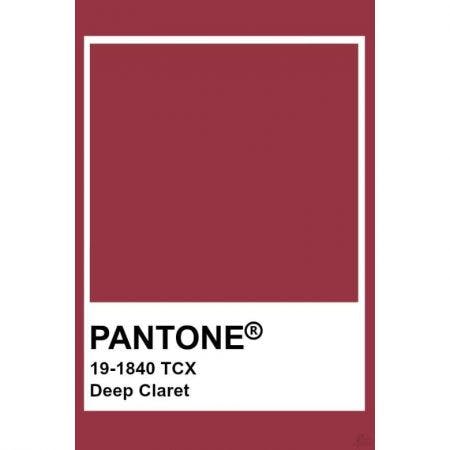
Claret and the key traits are intense, passionate, and transforming.
December
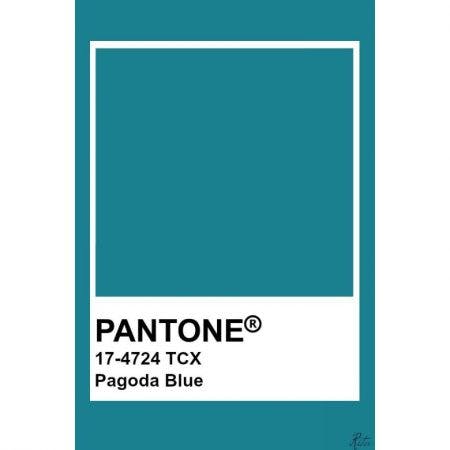
Pagoda blue and the key traits are wisdom, truth, and vision.
So how to use your birthday colour? For example, if you were born in August and ‘sun orange’ is your colour, and you are not feeling any of the ‘regal, inspiring, and powerful’ traits – colourstrology says that engaging with orange will help enhance those qualities.
Again, stealing colour traits from another month might encourage those traits, so, however, you want to feel – bathe in that hue.
Michele even went as far as to find a colour for every day of the year so you can pinpoint your exact hue. Find yours here:
Read Next: How Manifestation Can Help You Achieve Your Best Life
Is colourstrology related to horoscopes and birthstones?
The theory of colourstrology is entirely separate from birthstones and horoscopes, but the latter does give insights into personality traits and colours, so they are both fun to engage with too. The modern concept of birthstones first appeared in public consciousness around 100 years ago. In 1912, the National Association of Jewellers made a list of birthstones where you’ll see familiar entries like diamonds for April and rubies for July.
It has since been updated, with aquamarine replacing the more menacingly sounding bloodstone for March babies. Of course, some birthstones carry meaning, but people tend to engage more loosely with the symbolism found in their birthstone.
Likewise, horoscopes are derived from the Chinese zodiac, and tracing yours means you can get a glimpse into your personality, and colours play a role here too. But the most important thing is to think about what resonates with you. We wouldn’t limit our enjoyment of gemstones because they didn’t align with our so-treat colour with the same approach.
Read Next: Lunar New Year & What It Can Do For You
Last word:
While you may not be particularly interested in astrology, you’d be hard pushed to find someone who didn’t have strong feelings about colour.
As such, colourstrology may be a touch more accessible for lots of us, and while it isn’t based on science, it is a fun and interesting way to engage with the world around us.
Sign up for our newsletter
We will keep you in the loop for special offers, exclusive gifts and product news.

